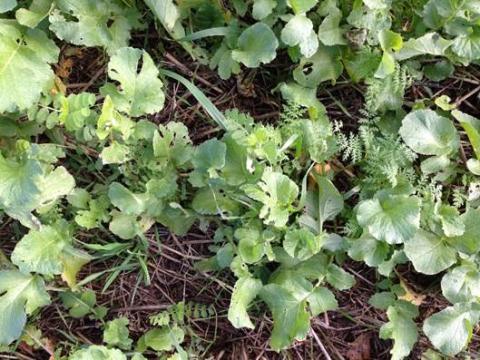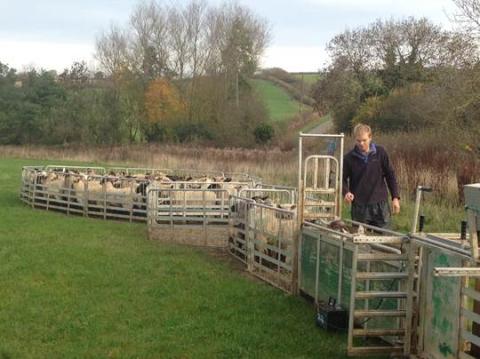The on-farm practices being demonstrated at Allerton aim to evaluate alternative arable crop / soil management systems with the potential to deliver improved:
- Crop productivity and economic performance
- Soil structure and function
- Water quality and flow control
- Pollution control (soil and nutrient loss to water)
- Nature conservation (enhanced soil and aquatic ecology, with some benefits to terrestrial biodiversity)
Crop establishment
Three intensities of crop establishment (no-till, reduced tillage and plough-based) were applied across last winter’s cover crop areas
Data being collected includes crop yield, soil nutrient status, organic matter content, bulk density, penetration resistance, crop cover and soil biodiversity
Cover crops
Three cover crop treatments and one bare stubble control block are being established prior to sowing spring oats. This is replicated across 3 fields.
Data being collected includes soil nutrient status, bulk density, penetration resistance and soil biodiversity.

Optimal use of grass leys in arable rotations
The variable mineral status of ley fields can have a major impact on sheep performance, and optimal use of leys within the system as a whole depends on understanding of this relationship and of the mineral status of individual fields.
Data is being collected on the mineral status of available vegetation (copper, iron, selenium and cobalt), blood mineral content, and sheep live weight gain.
